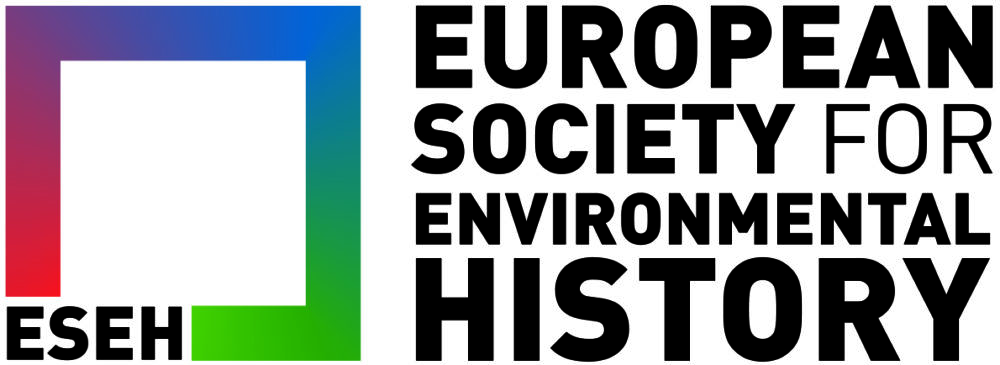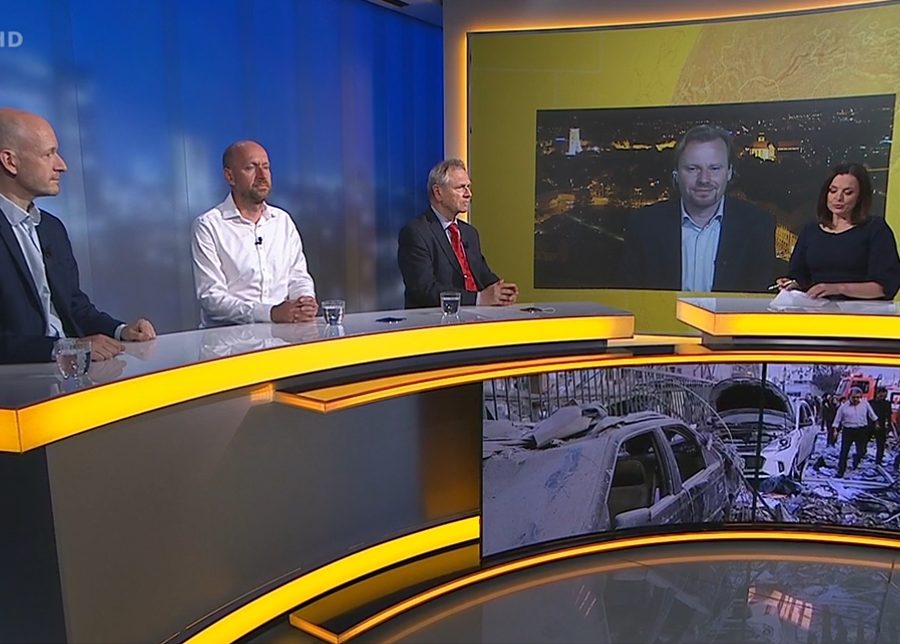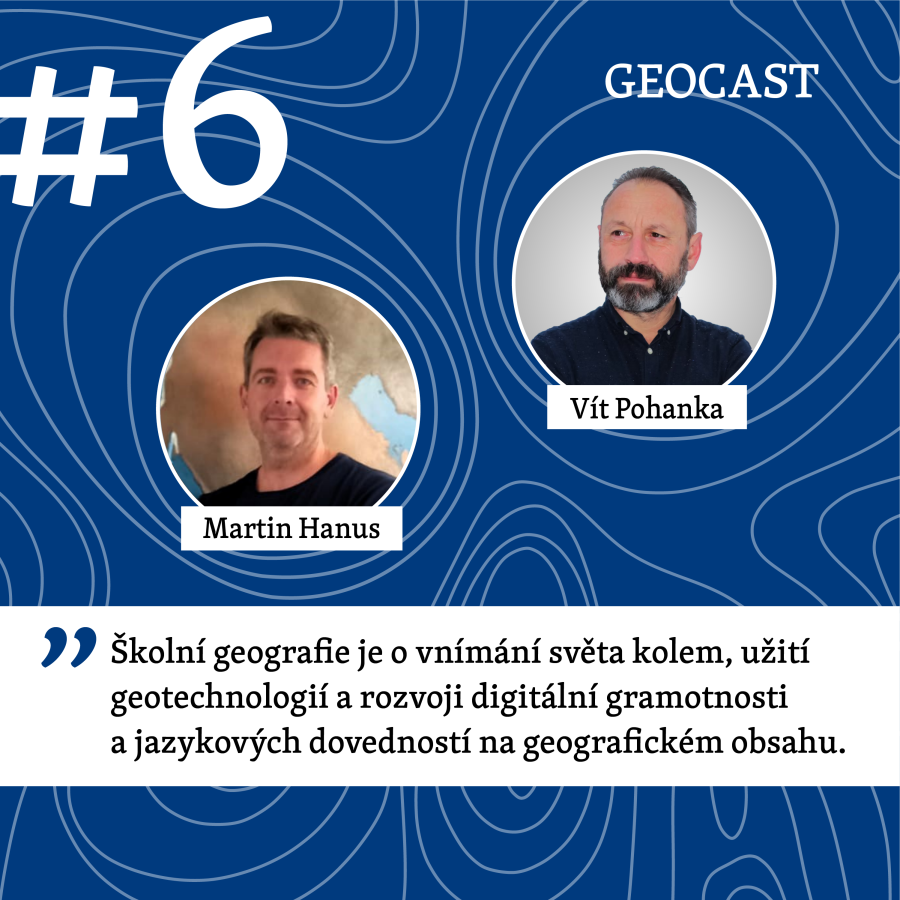Dovolujeme si zveřejnit informaci o nadcházející konferenci Evropské společnosti pro environmentální dějiny (ESEH), která se bude konat ve švédské Uppsale v roce 2025. Níže naleznete pozvánku do panelu “Discussing the Zero Growth and Climate Change in Eastern Europe Before and After 1989“. V přiloženém souboru pak pozvánku do panelu “CRIAS Final Workshop: Climate Histories“.
Panel Proposal for the 13th Biennial European Society for Environmental History Conference 2025, “Climate Histories”
August 18th-22th, 2025
Uppsala, Sweden
Discussing the Zero Growth and Climate Change in Eastern Europe Before and After 1989
In the Soviet Union and throughout the Soviet Bloc, the discussion of climate had been an integral part of scientific discourse. Dating back to the 19th century, many of circulating ideas did not appear as abrupt and new, but acquired own specifics during the lifespan of state socialism in Europe. Rapid industrialization and its environmental consequences fuelled growing discussions about climate and environmental conditions across the Soviet bloc. Stalin’s “Great Plan for the Transformation of Nature,” which envisioned large-scale micro- and macro-climatic changes, was the culmination of efforts to achieve economic self-sufficiency in the USSR and the Soviet bloc. This early emphasis on manipulating nature to meet economic goals paved the way for the global climate debates that emerged in the 1970s and 1980s. These debates are deeply intertwined with theories developed by leading Soviet scientists, from Vernadsky’s concept of the noosphere to more contemporary, though sometimes lesser-known, theories. Today, many of these ideas are challenged by a strong disinformation campaign that denies human-induced climate change.
The work of the Club of Rome, which significantly contributed to a global concern about the dangers of climate change and pronounced the necessity for the limit to growth, was well known in the Soviet bloc. Yet, the zero growth theory ran up against the ideological foundations of Marxism-Leninism and was, therefore, consistently rejected. Against zero growth stood the idea of the scientific and technological revolution, versatile progress, and the technological fix to the ecological damage caused by the ecocide taking place in the Soviet bloc. During the Cold War, rejecting zero growth was also key to strengthening and instrumentalising the Soviet influence in the Global South, where minerals and their intensive extraction represented the only significant source of national income.
The panel will address the controversial interplay of climate change discourse and zero growth theory debates as they were reflected in Eastern Europe. How did changing visions of the climate conditions deal with the reflections on the zero growth theories in the socialist era? Emphasizing the year of 1989 as a watershed of state socialism in Europe, we are also interested in the afterlife and legacies of these visions after the demise of the bloc. In light of our efforts towards the decolonisation of knowledge within the Soviet bloc, we welcome papers on local as well as national, transnational and global histories. Please submit your paper proposals of up to 250 words to elena.kochetkova@uib.no and olsakova@usd.cas.cz by 25 October 2024.








